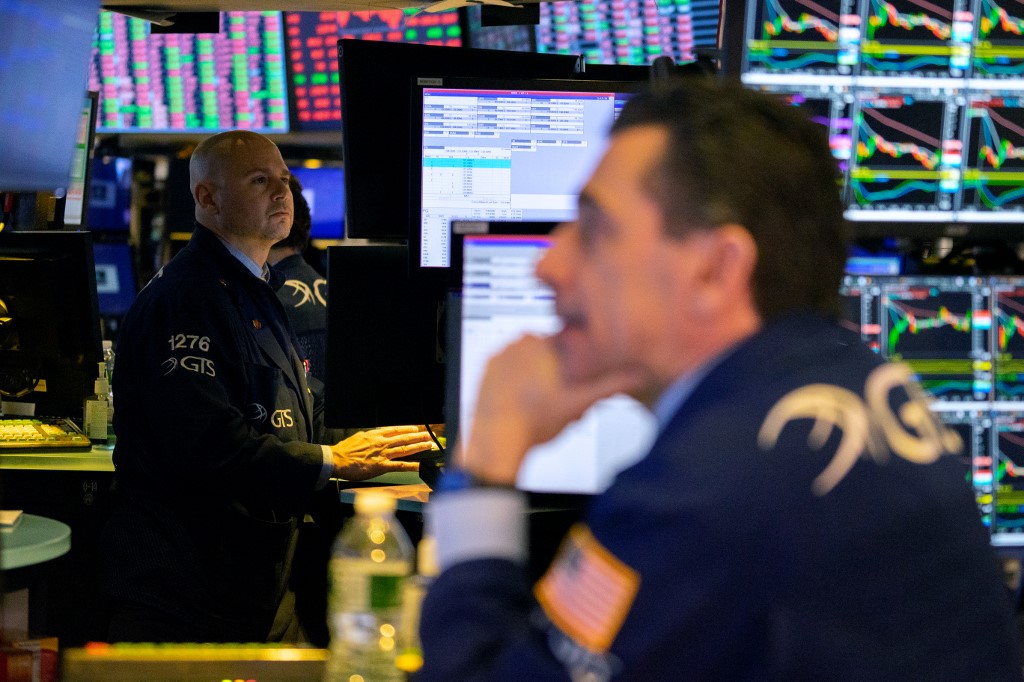(ATF) The rapid improvement in the coronavirus situation is lifting markets as investors tiptoe back picking up beaten up risk assets. Bond markets are also stirring back to life following the jumbo multi-tranche sovereign bond issue by Indonesia. China reported no new deaths and epicentres like Italy, Spain, France and Germany all reported lower number of deaths.
The Nikkei 225 is up 1.25%, Korea’s Kospi benchmark is 0.68% higher, Hong Kong’s Hang Seng index advanced 0.31% but Australia’s S&P ASX 200 is down 1.35% after its recent outperformance. Regionally, the MSCI Asia Pacific index is 0.75% higher and the MSCI Asia Pacific ex-Japan benchmark has advanced 0.84%.
Credit markets are firm with sovereign CDS tighter by 2-5bps. The Asia IG Series 33 index moved in by 2 basis points to 138/141.
Oil prices are steady after the recent slide as worries swirl about the ongoing price feud between Saudi Arabia and Russia with the postponement of a scheduled meeting to discuss output cuts. The pressure was intensified on reports of inventory build-up in the US.
Indonesia priced a three-tranche $4.3 billion bond offering with the bonds due in 2030, 2050 and 2070 priced to yield 3.90%, 4.25% and 4.50%, which was about 25-40bps inside the initial guidance. The timing is appropriate following the global fiscal and monetary stimulus actions which provide a supportive backdrop for credit markets.
Unprecedented
“Unprecedented policy actions to limit the coronavirus shock and sharply lower valuations have improved the outlook for credit, in our view,” said BlacRock Asset Management in a note, which said coupon income was crucial in an even more yield-starved world.
“Major central banks are committed to keep rates low and greatly expand their balance sheets. This underpins demand for corporate bonds and selected sovereign credit. We upgrade our view on global investment grade credit to a moderate overweight from underweight and keep high yield as an overweight.”
The hunt for yields has also pushed up flows into China with PBOC data showing a net increase of 59 billion yuan in Q1 of foreign holdings in the bond market. As of the end of March, some 822 foreign institutional investors entered the interbank bond market. They hold bonds worth a total 2.26 trillion yuan.
BondConnect data also reflects a similar trend as foreign holdings are seen rising from the current level. “World sentiment towards China is improving due to its early containment of the coronavirus outbreak, and this is making Chinese bonds look like a shelter in the global storm,” said Chi Lo, senior greater China economist at BNP Paribas Asset Management.
At 2.3%, foreigners’ holdings are still tiny when compared with developed markets such as Japan, where 12.1% of outstanding debt is owned by overseas holders, and the US (28%), as well as such emerging markets as Indonesia (39%) and Malaysia (24%).
“Major economies are now in the deleveraging phase of the recession where the dominant focus is on improving balance-sheet quality. Although we expect both equities and credit to stay on the defensive for the time being, we now expect credit to outperform equities in risk-adjusted terms,” Oxford Economics said in a note.
“We trim our allocation to global equities further in favour of Investment Grade credit while maintaining underweight allocations to High Yield credit.”
























